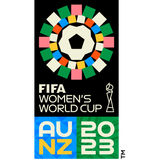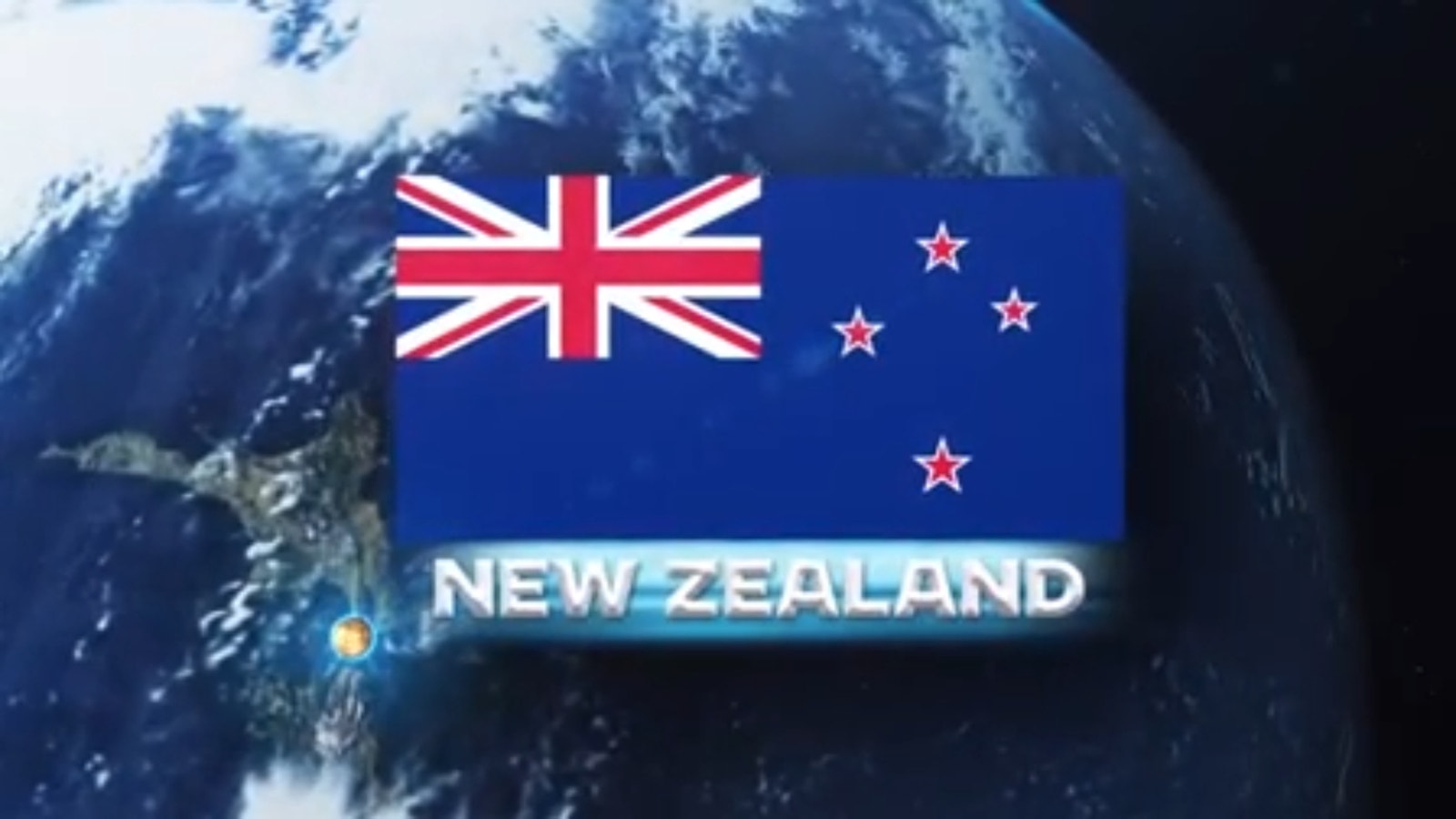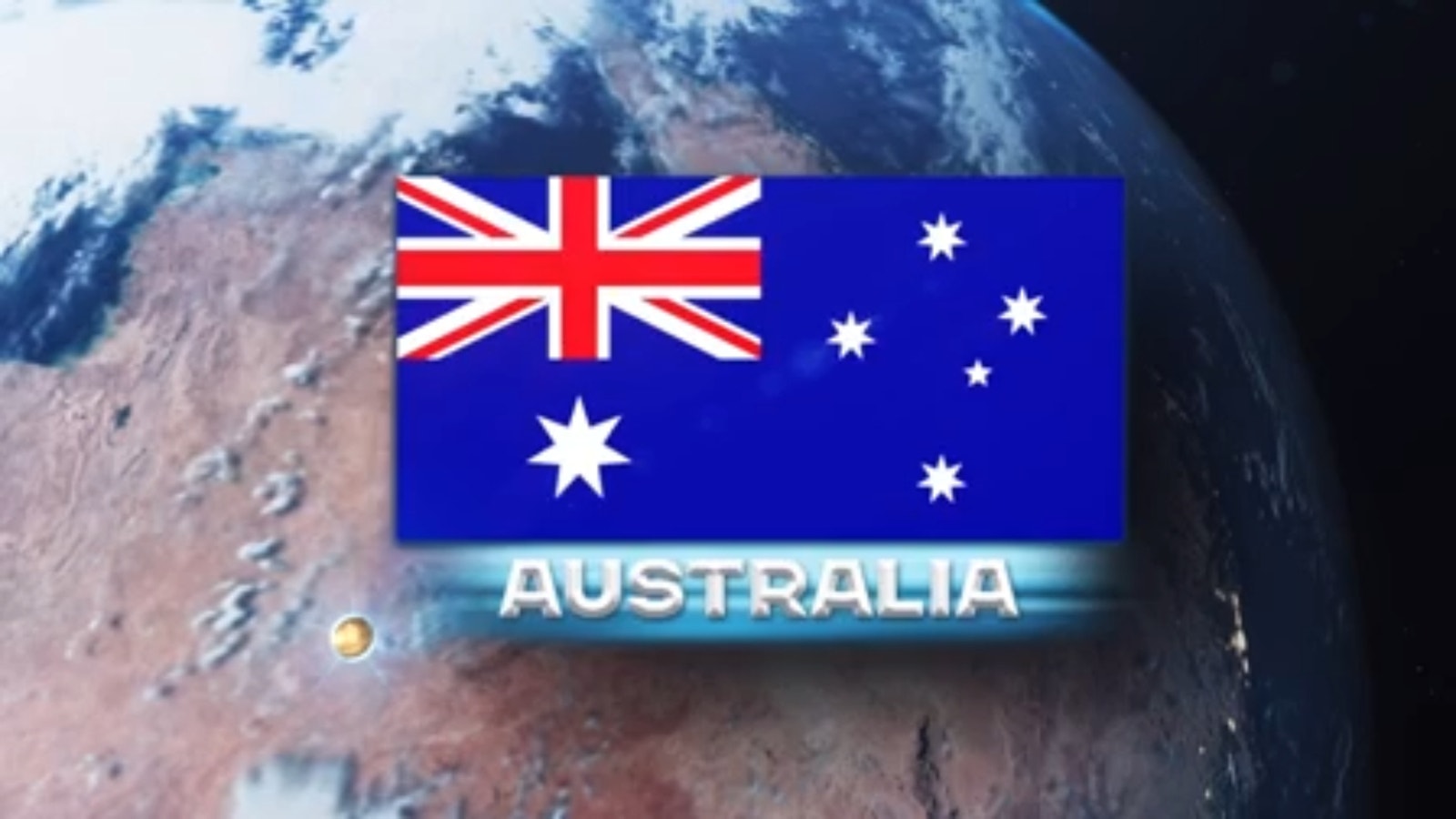
Why Australia, New Zealand are perfect World Cup hosts
Earth's time zones are often confounding things, and, over the next five weeks, the FIFA Women's World Cup will put that on full display. After the United States team took off from the West Coast for New Zealand a week ago to prepare for the defense of its title, it landed two days later, despite the flight taking just over 12 hours.
When it eventually flies home from Sydney (17 hours ahead of PDT) or Auckland (19 hours), either basking in back-to-back-to-back glory or as a deposed former champ, time will essentially stand still.
Talk of time feels relevant for what is about to happen, because this World Cup has the sense of stepping into a fresh dawn for women's soccer and the choice of location leans heavily into that.
For both Australia and New Zealand, what happens over the next month figures to be among the most significant moments in their sporting history.
History will be made here, with a record number of teams (32), but also perhaps a peek into how soccer's future global competitions may be shaped, structured and allocated.
While Australia and New Zealand have long historic links and tight present-day ones, this was still a ground-breaking selection. There has been a jointly hosted World Cup once in the past — Japan and South Korea greeted the men in 2002 – and there will be more in the future, starting with 2026 in the United States, Mexico and Canada.
Yet in soccer terms Australia and New Zealand occupy different confederations, with Australia having switched to the Asian region (AFC) 17 years ago to boost both the level of competition it faced and increase its chances of qualifying for men's World Cups — Asia has more allocated spots. New Zealand stuck with the Oceania confederation (OFC).
Cross-confederation World Cups were once believed to be implausible. But with the men's tournament due to expand to 48 teams, it is now something that will at least be moot moving forward, and a Greece/Egypt/Saudi Arabia bid for 2030 is already in the pipeline.
In the present, however, soccer fans on the ground and the casual TV observers who drop in at World Cup time, will likely find the current hosting arrangements to have been a fine choice.
Neither Australia nor New Zealand live and breathe soccer the way it is obsessively consumed in Europe and South America, but each place has an overall sports pulse running through its very core that few countries can match.
Friendly, and occasionally not-so-friendly competition, is part of what makes these places tick. Both are nations with relatively small populations, and are somewhat geographically isolated. Australia (population: 25.67 million) and New Zealand (5.12 million) are constantly trying to punch above their weight in the stakes of global relevance.
National identity comes into play through sports, heavily so. The All Blacks rugby team and its legendary "haka" might be New Zealand's most famous export.
Australia has a storied history of sporting excellence across an array of disciplines. It has its own national game, Australian Rules football, but other codes are passionately followed, such as rugby, cricket and increasingly, soccer.
The Olympics draw obsessive support too, and the city of Brisbane will host the Summer Games in 2032, the third time Australia has received that specific honor. Cathy Freeman's triumph in the 400 meters at Sydney in 200 remains arguably Australia's finest sporting hour. (She recently paid the Matildas a surprise visit before the World Cup.)
Both hosts have taken steps to recognize the troubling historical relationships with their indigenous populations. First Nations flags will fly alongside the national flag at games in both countries, while the native name for each host city is being used alongside its more commonly used version on official FIFA documentation.
Australia forward Sam Kerr, one of the best players in the world, has spoken of her wish for this tournament to provide a new "Cathy Freeman moment," and inspire a new generation of female and indigenous athletes — Freeman is an Aboriginal Australian, and spoke to Kerr and her teammates this past week.
"If you ask half the girls in the team, their idol growing up was Cathy Freeman," Kerr said, earlier this year. "So for us, that's the legacy we want to leave – that we inspire the nation, we move the nation to believe in women's football, believe in the Matildas."
New Zealand's Football Ferns are looking for their own such moment. They are placed in a tough group but one they have a shot at winning, which would set up a potential run in the elimination rounds.
The tournament begins early Thursday with New Zealand tackling Norway (3 a.m. ET on FOX and the FOX Sports app) and Australia matching up against Ireland (6 a.m. ET on FOX and the FOX Sports app).
These are places where people love to watch sports, but love to play them, as well. According to Clearinghouse for Sport, an Australian government athletic program, 41 percent of adults play organized sports on a weekly basis.
Sports isn't a mere form of entertainment or a pastime in these parts. If the national team is playing, it is something to get behind with desire and devotion.
The World Cup is always a spectacle beyond compare and the television coverage will provide no shortage of stunning views coming from both places, plus talk of "mates" and kangaroos and "Lord of the Rings," which is all part of the fun, of course.
But although this is a new spot for an international soccer tournament, it is a worthy one, as time — there it is again — will surely tell.
Martin Rogers is a columnist for FOX Sports and the author of the FOX Sports Insider newsletter. Follow him on Twitter @MRogersFOX and subscribe to the daily newsletter.


